By Xue Lingqiao
(ECNS) -- "The recent trade war launched by the U.S. is a protectionist policy, it goes against the logic of globalization and multilateralism. In the long run, it's really not good, because it will push America's inflation higher," said Anna Rosario Malindog-Uy, vice president of the Asian Century Philippines Strategic Studies Institute, a Manila-based think tank, in a recent interview with China News Network.
Over the past month, the tariff war unilaterally initiated by the United States has impacted both China and the U.S., as well as the global economy. From May 10 to 11, China-U.S. high-level meeting on economic and trade affairs held in Switzerland drew significant international attention. Through joint efforts, the two sides conducted candid, in-depth, and constructive discussions across multiple fields, reaching a series of key consensus and making substantive progress.
With the heightened economic instability, how can developing and Global South countries leverage the Belt and Road Initiative (BRI) as a platform to mitigate the adverse impacts of America's external tariff policies?
Regarding on this question, Anna articulated two points. First, China should deepen economic integration with regional organizations to progressively reduce their dependence on U.S.-centric import and export trade mode. Second, all nations must advance the adoption of its national currency in global transactions, thereby diminishing reliance on Western-dominated financial infrastructures like the U.S. dollar and SWIFT (Society for Worldwide Interbank Financial Telecommunication).
Noting that China and ASEAN (Association of Southeast Asian Nations) are both integral members of the Global South, the two sides must deepen the mutual economic integration while simultaneously accelerating intra-ASEAN economic integration. This strategic reorientation entails redirecting their regional export flows from the U.S. market towards China.
As the U.S. vigorously wielding its tariff policy, Anna held that American consumers are facing constraints in accessing foreign goods. If the U.S. raises prices on its export goods, there will be a limitation as to the access of goods of the American consumers. Consequently, such restricted import-export trade dynamics prove detrimental to both American consumers and the broader U.S. market.
She further added that while the U.S. is currently grappling with severe economic inflation and eroding purchasing power among its citizens, Asian nations—particularly in the Asia-Pacific region—are witnessing economic growth. ASEAN countries stand as the epicenter of this expansion, with rising purchasing power among their populations. Consequently, Asian nations confront specific opportunities in commodity trade, the realization of which hinges critically on advancing regional economic integration and depolarization.
As an economist, Anna believed that the tariff trade war is not about economics, it's about politics. It's about the America saying that we are the practicing hegemony. And if other countries don't follow, it will impose tariff on other countries because the U.S. thinks that other countries need its market.
"But actually, that is not true at the moment. The global economy has changed. China is the largest trading partner for many countries in the world. The proportion of China's trade with the United States is very small. And the rest of that is China's trading with Europe, trading with Latin America, Asia, Africa, and the rest of the world," added Anna.
"If you can be independent, you really don't need to depend too much on the American markets. And I think at this point, countries have alternative markets. I think there is not much monopoly anymore," said Anna.
Emphasizing that countries around the world now have a multitude of financing options and are no longer solely reliant on U.S.-led financial institutions such as the World Bank and the International Monetary Fund, Anna said that the roles of China-ASEAN Bank, the New Development Bank, and the Asian Infrastructure Investment Bank can be strengthening through the economic integration among BRICS nations, China, and Global South countries.
"So in a way, it's not really true that the tariff trade war will cripple the economies of the Global South and China. Again, this is not economics because economic logic does not tell you that you need to impose that high tariff on economic partners. I think China is winning this this game," Anna concluded.
















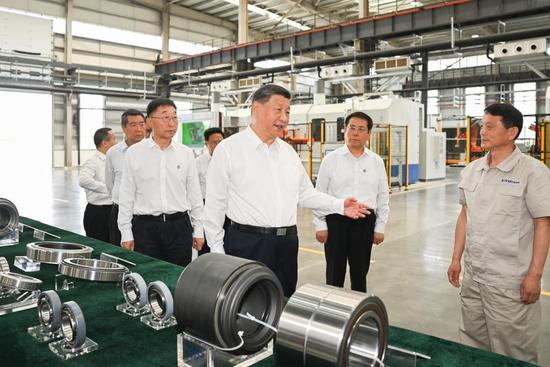
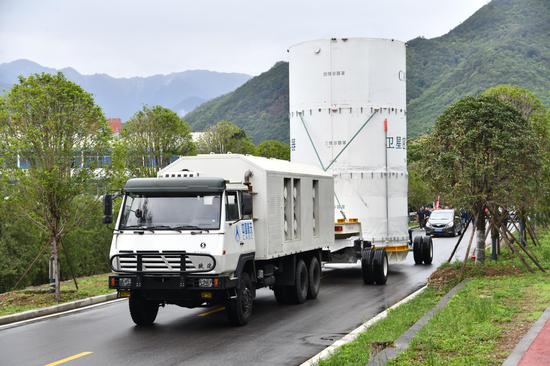
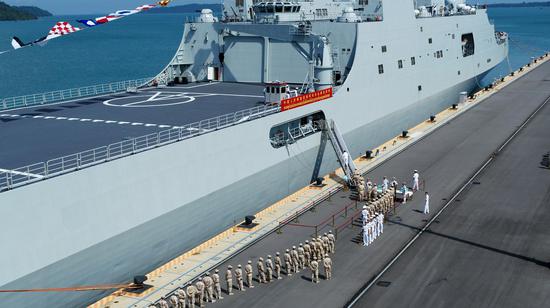


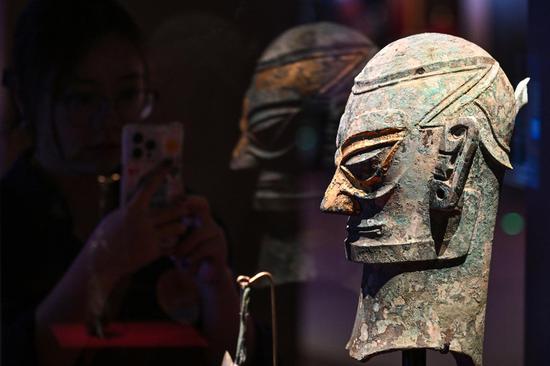
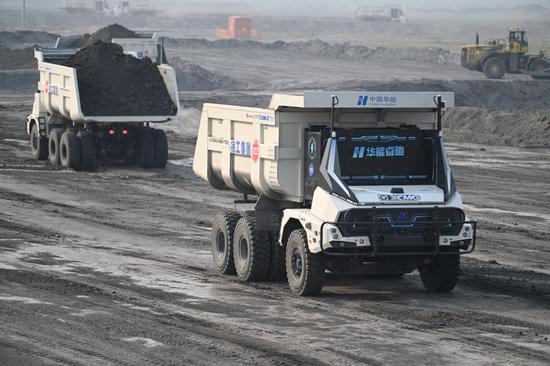
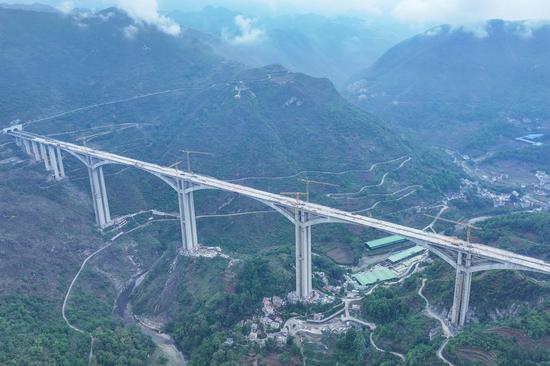
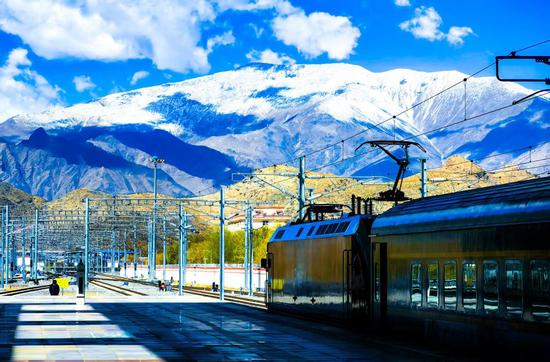
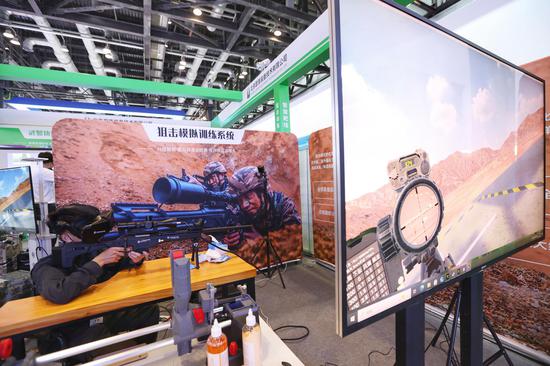
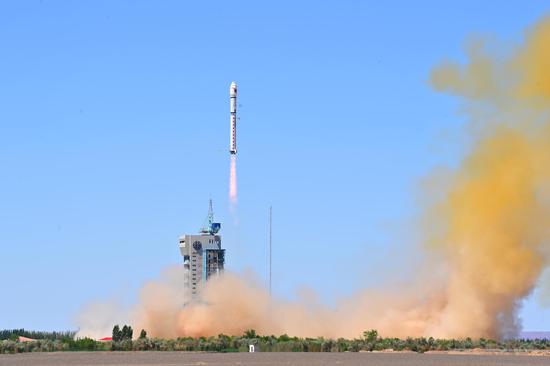
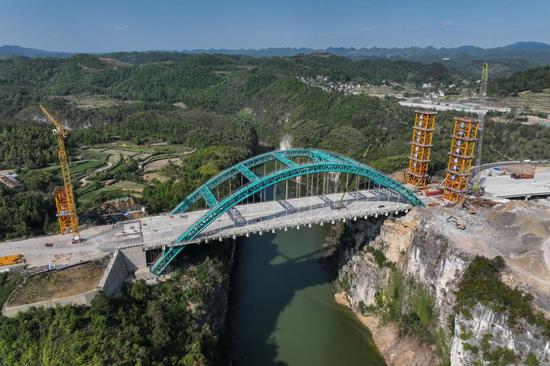
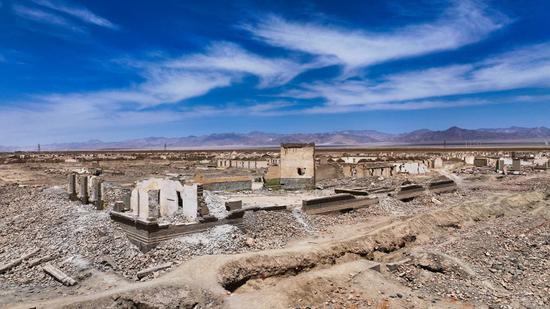
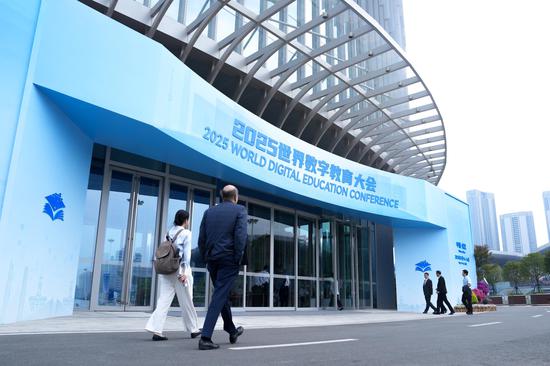
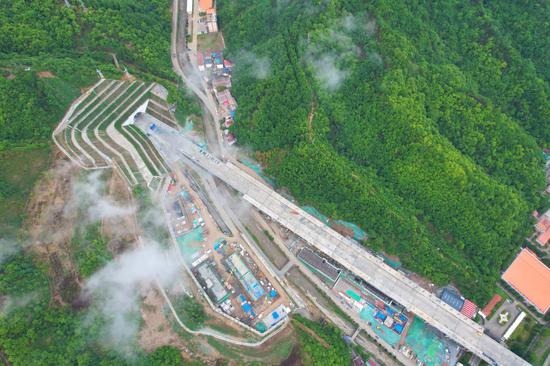

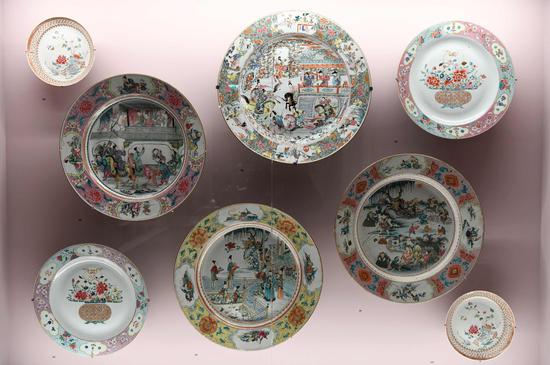
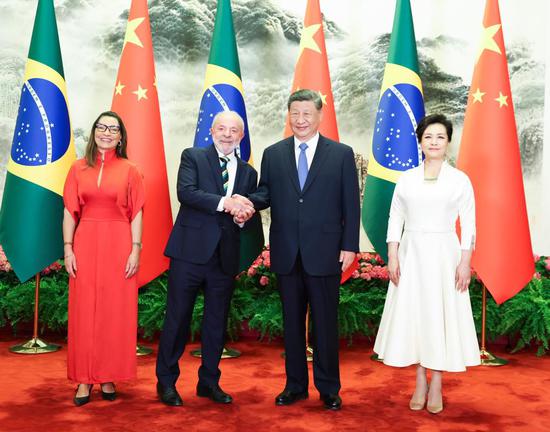
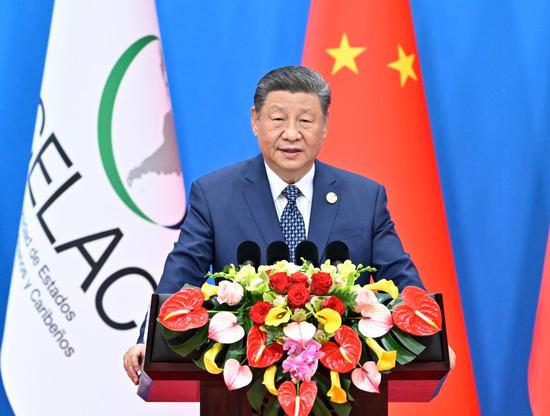
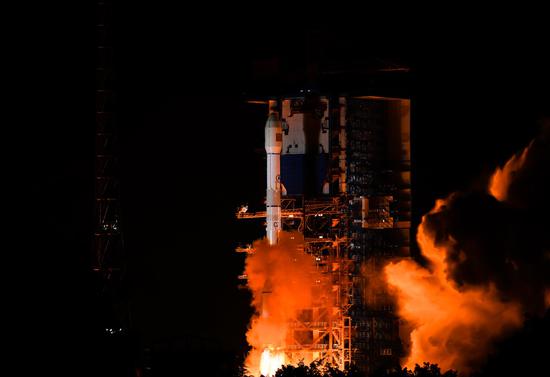
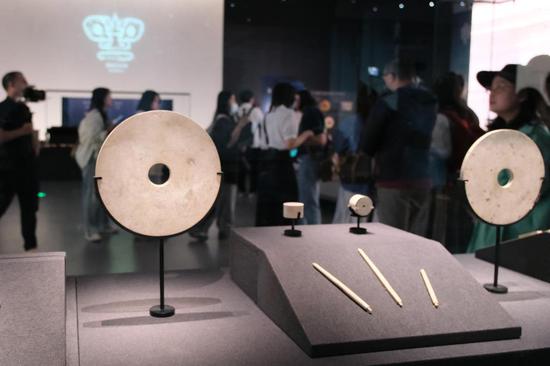

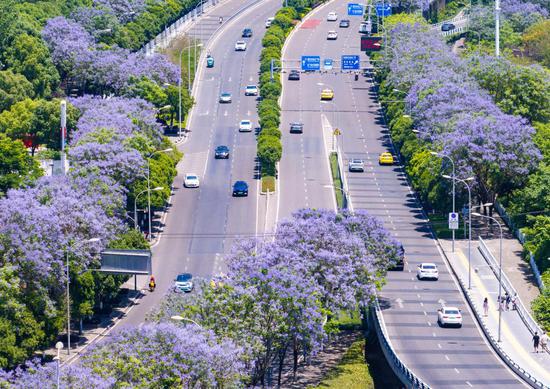
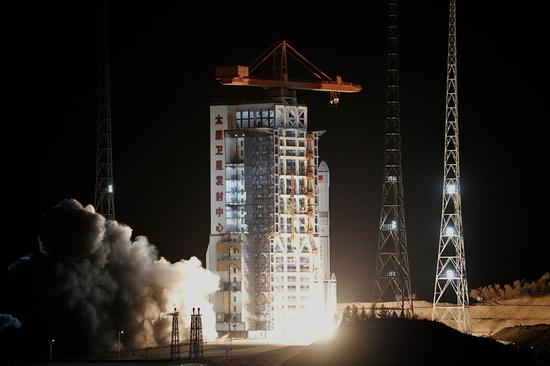
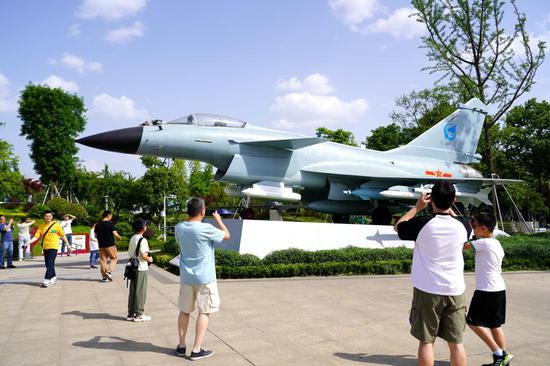


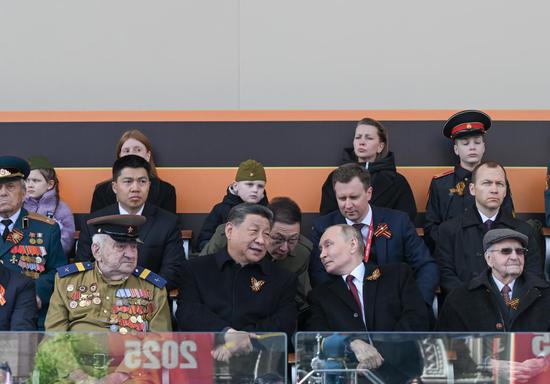
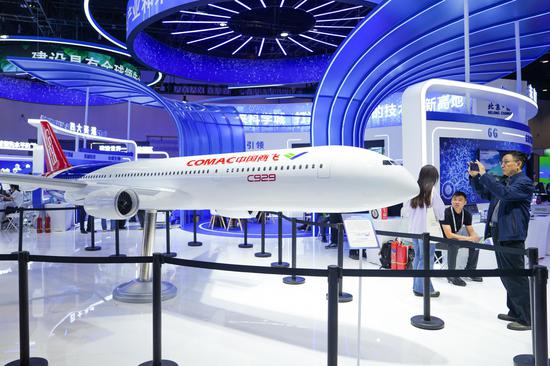

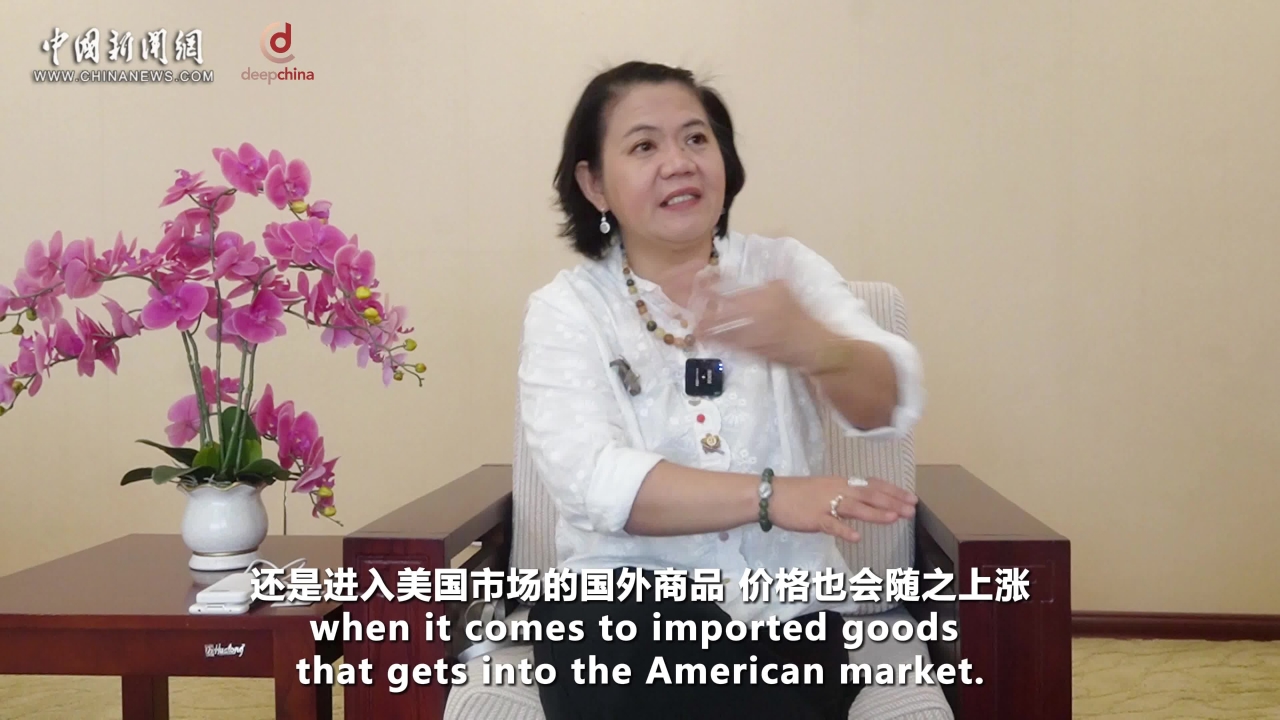

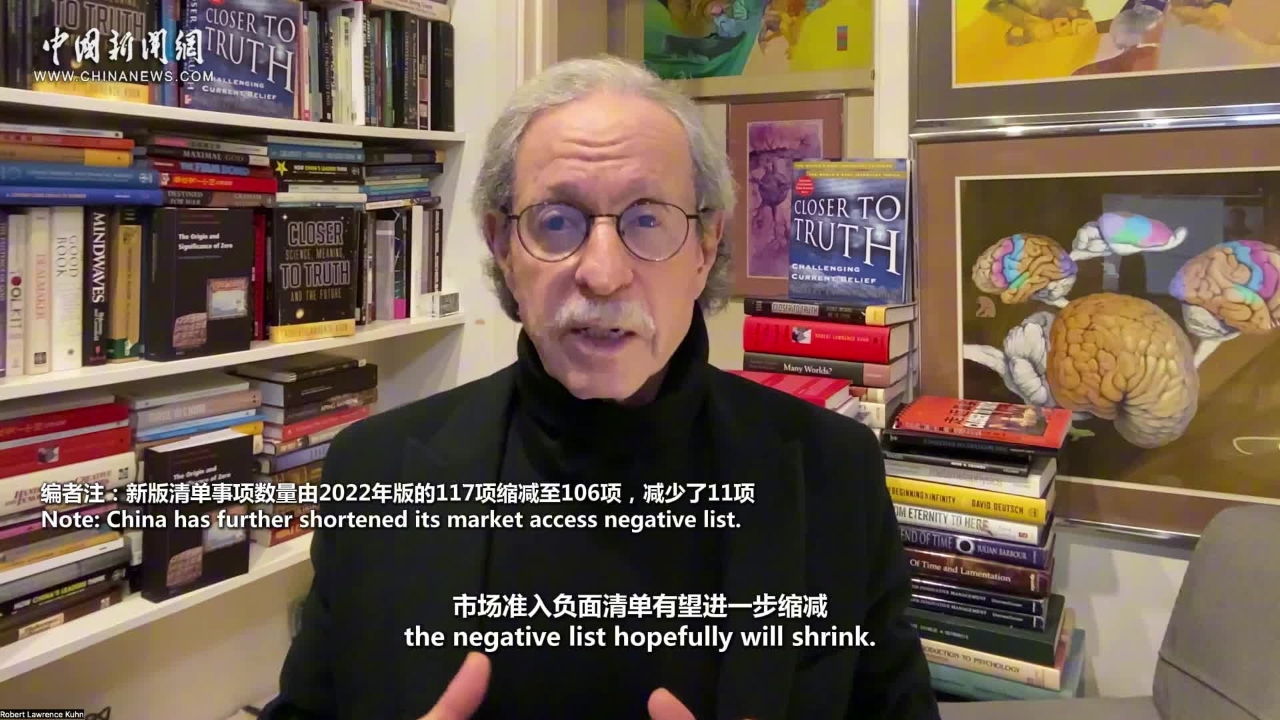

 京公網(wǎng)安備 11010202009201號(hào)
京公網(wǎng)安備 11010202009201號(hào)